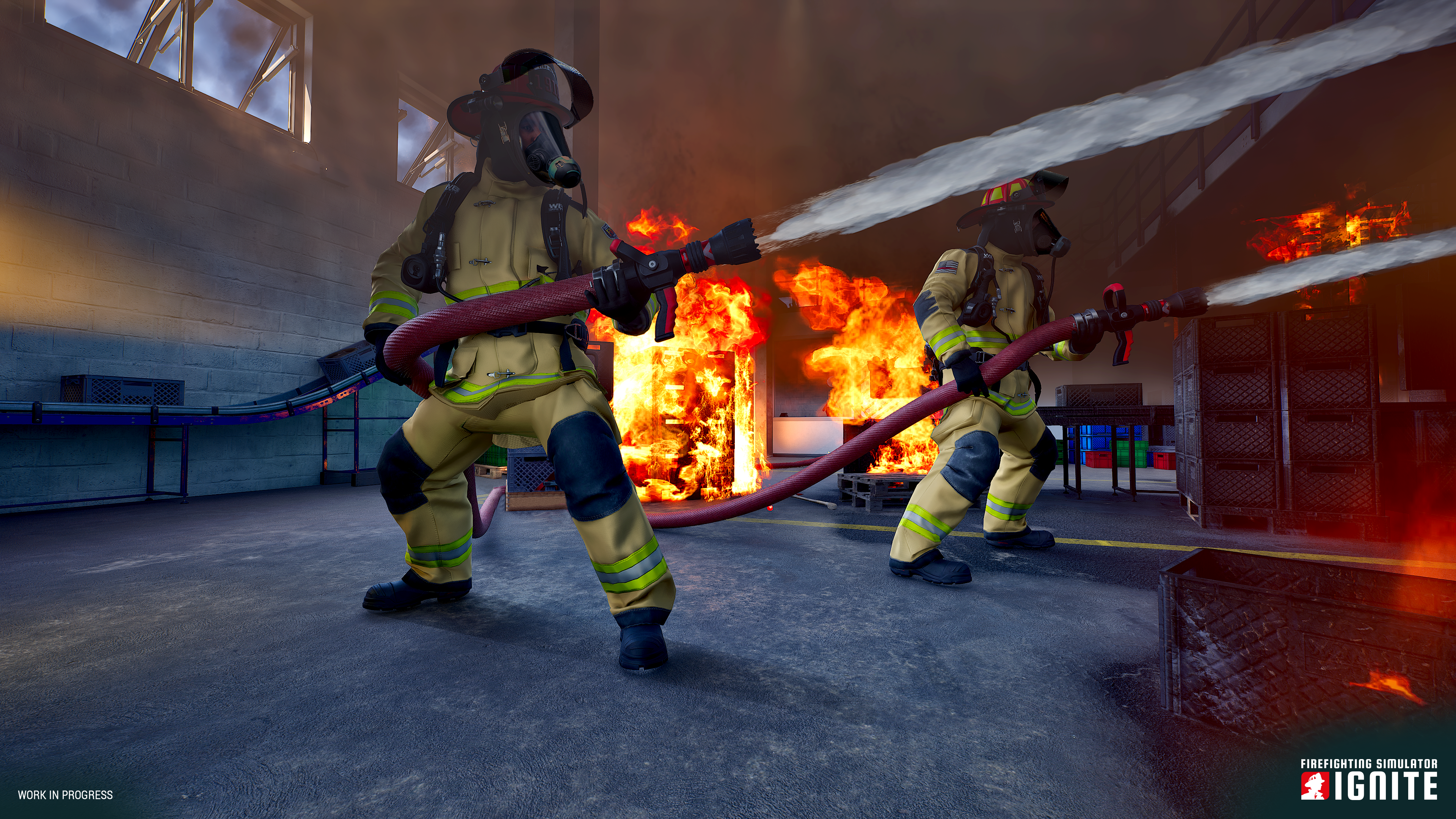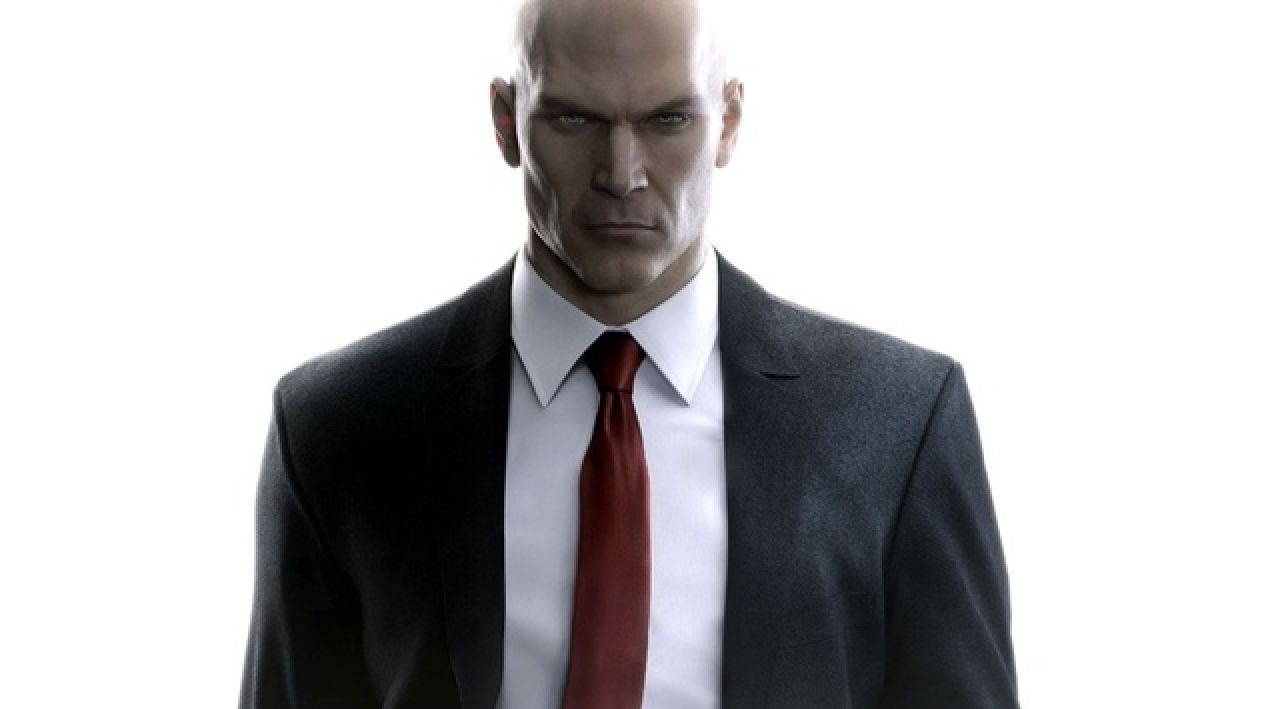
It’s been nearly a year since Facebook rebranded itself to Meta, and founder Mark Zuckerberg and the company are facing serious doubts from the public, media, and some of their own employees about the future of their focus on the Metaverse.
Just yesterday, Meta officially revealed its new Meta Quest Pro VR headset. The premium rig will cost early adopters $1499.99, and the headset was designed specifically with work in mind, rather than gaming. And as Zuckerberg shared with The Verge, Meta is targeting people who routinely upgrade their PC to instead opt for the Quest Pro, saying “Basically, this is a step toward all 200 million of those people who get new PCs every year starting to instead do some of the work in VR, in addition to all the folks who are gaming, hanging out socially, etc.”
One of the main ways it seems Zuckerberg and Meta hope consumers will use their VR headsets is within Horizon Worlds; the company’s virtual reality software that uses avatars to attempt to digitally replicate in-person interactions.
You may know Horizon Worlds from its most viral moment this past summer, when Zuckerberg posted a selfie of his digital avatar standing in front of a very low texture rendition of the Eiffel Tower. Folks on the internet weren’t shy about bashing the visuals of the Horizon Worlds avatars.
this looks like a 2002 Nintendo GameCube release called like “World Baby” https://t.co/9iyp5d2NnM
— Christopher Hooks (@cd_hooks) August 16, 2022
This apparently led Meta to scramble, as The New York Times reports employees worked to create a new, higher-quality version of Zuckerberg’s avatar on an accelerated timeline. We then saw Zuckerberg himself present the updated avatars during this week’s Meta Connect event.
If Meta’s true goal with the Quest Pro is work productivity, then there’s currently a big problem. According to a separate report from The Verge last week, it seems not even the teams within Meta directly working on the Metaverse enjoy using the VR workspace.
In a memo to employees from Meta’s VP of Metaverse, Vishal Shah, the executive wrote, “For many of us, we don’t spend that much time in Horizon and our dogfooding dashboards show this pretty clearly. Why is that? Why don’t we love the product we’ve built so much that we use it all the time? The simple truth is, if we don’t love it, how can we expect our users to love it?”
And, in the NYT report, multiple employees apparently rushed to buy their own VR headsets after management insisted they held meetings inside Meta’s Horizon Workrooms app. This suggests that if Meta has any serious hope of getting people to strap on a VR headset to go to work, there’s some serious work to be done on the software side.
This memo, coupled with Meta’s reported hiring freeze and potential layoffs, has apparently generated some enthusiasm for the Metaverse from Meta’s employees. According to The New York Times, more employees have started to have meetings in Horizon Workrooms… when it works. Earlier this year, one notable meeting was hampered by technical issues, causing the employees to redirect the meeting to Zoom, according to an employee that spoke to The New York Times.
Privately, Zuckerberg was reportedly “frustrated” with the backlash to his avatar photo, and in a report from Reuters, the founder apparently said in a meeting that “Realistically, there are probably a bunch of people at the company who shouldn’t be here,” and that he’d be “turning up the heat” by raising expectations and introducing more aggressive goals.
Meta is also facing criticism from some within the VR industry. Former Oculus CTO John Carmack said in an interview that the level of Meta’s $10 billion loss in the VR and AR department in 2021 made him “sick to my stomach thinking about that much money being spent.” In a lecture within the Metaverse this week (via arsTechnica), Carmack said “there’s a bunch that I’m grumpy about” when it comes to Meta’s VR hardware and software.
Carmack said his vision is to exist in a virtual arena with “thousands of avatars milling around”, but the technology and number of users is just not high enough for that to be a reality right now. Instead, Carmack was presenting in a nearly empty virtual classroom that was streamed to Facebook as a 2D video.
At least publicly, Zuckerberg isn’t doubting his company’s initiative to push hard for the Metaverse, telling The Verge that they always expected the initial reaction to be negative, and that “this is the first version of the work VR device line that we’re shipping, and it’s not going to be until later this decade, when we’re on V4 and V5, that this stuff really starts to get fully mature.”
We won’t know for years if it’s truly the growing pains of new technology as Zuckerberg believes, or an unproven concept taken too far. But for now, maybe Meta needs to look to Fortnite to see a concept of how the Metaverse can actually function.
Logan Plant is a freelance writer for IGN covering video game and entertainment news. He has over six years of experience in the gaming industry with bylines at IGN, Nintendo Wire, Switch Player Magazine, and Lifewire. Find him on Twitter @LoganJPlant.






